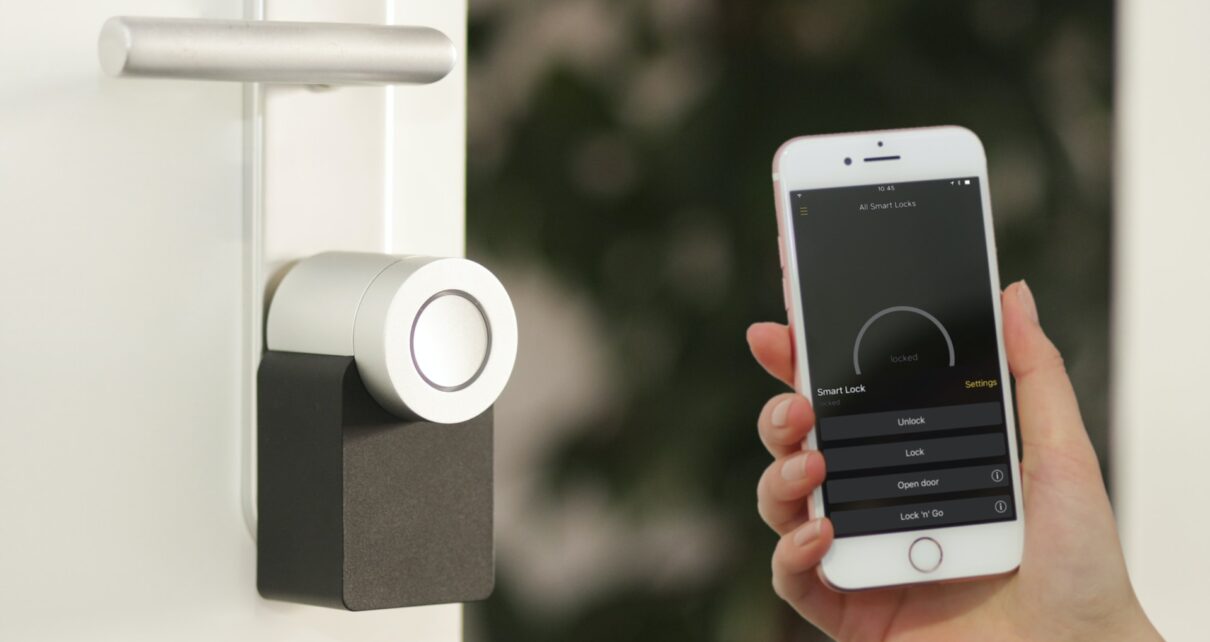When we think of home security, what comes to mind? A towering fence? A guard dog? Locked doors and barred windows? All these are throwbacks to a time when physical deterrents were our primary protection against intrusion. But have you ever thought that in the 21st century, we would be able to monitor and control our home security from our mobile devices, regardless of where we are in the world?
Welcome, dear readers, to the age of smart homes! With the advent of the internet of things and unprecedented advances in technology, residential security has taken on a new dimension and reached new heights. In today’s blog post, we delve into this exciting and important topic – the shift of alarm system technology towards smart homes.

Let’s start this journey by exploring the reasons behind this trend, understanding what smart alarm systems are, and how they are transforming our lives. After that, we’ll delve into their advantages and disadvantages. So, stick around till the end and learn more about how our homes are getting smarter and safer with alarm system technology.
Why the Shift Toward Smart Alarm Systems?
Not so long ago, home security was centred around elements like physical presence, locks, manual alarms, and local security agencies. However, with the increasing digitization, and heightened concerns about home security, there’s been a paradigm shift. Smart alarm systems emerged as the answer to this growing need for advanced, user-friendly, and comprehensive security solutions.
Smart alarm systems permit remote access, give real-time alerts, and can be integrated with various other home automation systems. They are more than just alarms – they are complete security ecosystems designed to ensure the safety, security, and comfort of our homes.
What Exactly Are Smart Alarm Systems?
Now, let’s move forward and get to know smart alarm systems. They are essentially a significant upgrade from the traditional, manual alarm systems. Smart alarm systems are a combination of various devices such as sensors, cameras, locks, lights, and a central hub, all managed via an app on your smartphone.
These systems are easily scalable, meaning that you can start with a basic setup and add more devices as you deem necessary. The real beauty of smart alarm systems, however, lies in their integration capabilities. They can be synced with other smart devices in your home, creating a complete smart home ecosystem.
The Convenience of Smart Alarm Systems
One of the significant advantages of smart alarm systems is their convenience. With your smartphone as your control panel, you can operate the security system from anywhere. So, whether you’re sitting on your couch at home or in a meeting halfway across the world, you can keep an eye on your home.
Additionally, these systems aren’t as tough to install as one might imagine. Many smart home security systems come in DIY kits, which may include a central hub, door and window sensors, motion detectors, security cameras, and a mobile app for remotely monitoring your home.
Evaluating the Downside of Smart Alarm Systems
Despite their numerous benefits, smart alarm systems do have their drawbacks. First and foremost, among these is their reliance on internet connectivity. Any disruptions to your Wi-Fi network can render your security system useless. Additionally, hackers can potentially exploit vulnerabilities in your security system if it isn’t adequately protected.
The Integration of AI in Alarm Systems
Artificial Intelligence (AI) is revolutionising various industries, so why should home security be left behind? AI now plays a significant role in alarm systems, with AI-enabled cameras and sensors capable of distinguishing between regular and suspicious activities. AI can also predict potential threats and send alerts to homeowners, thus adding an extra layer of security.
Are Smart Alarm Systems Worth It?
The million-dollar question: Are smart alarm systems worth it? The answer is, it depends on individual needs and circumstances. If you value convenience, advanced functionality, and are willing to deal with the occasional technical glitches, then yes, smart alarm systems are a solid investment for home security.
Conclusion
We can no longer ignore the reality that technology has become an intrinsic part of our lives, and this influence extends to home security. The transition from traditional alarm systems to smart ones mirrors our societal shift into a digital age, where convenience, efficiency, and adaptability rule the roost.
While the technology isn’t flawless and involves certain challenges, the prospective benefits of smart alarm systems—such as remote access, real-time alerts, integration with other systems, and AI enhancements—tend to outweigh the drawbacks. And remember, home security isn’t a static concept; it evolves with technology and societal changes.
As the capabilities of smart alarm tech continue to evolve, they will undoubtedly become more efficient, risk-free, and widespread. For now, it seems the benefits secure a strong place for these systems in our homes and our lives.




